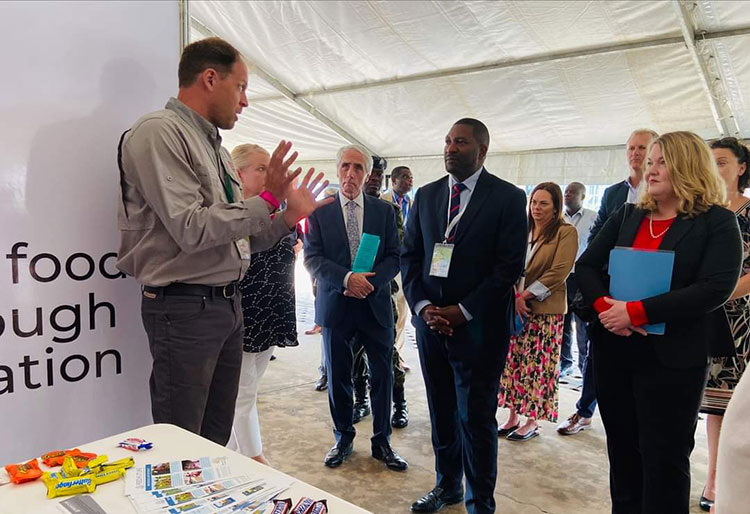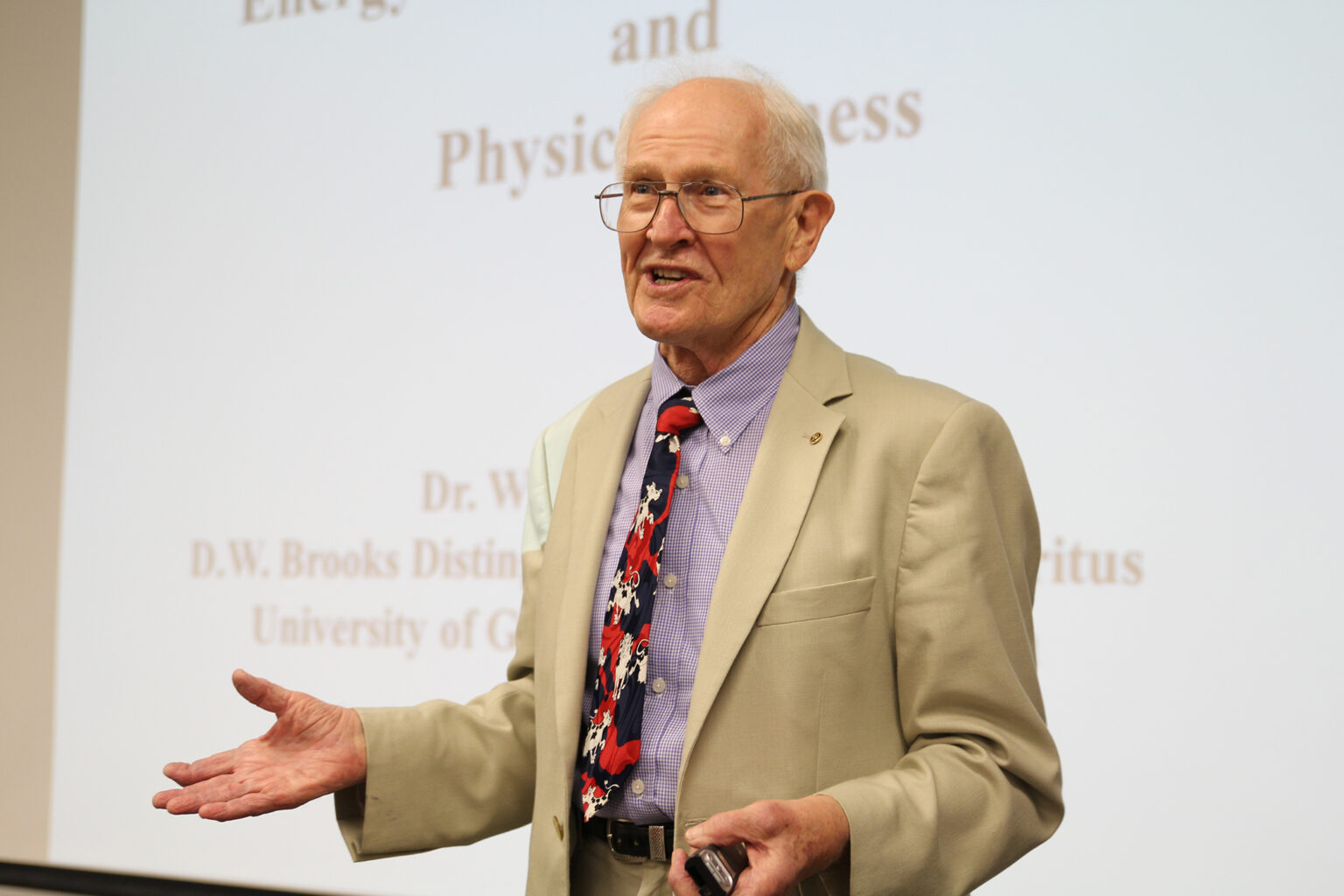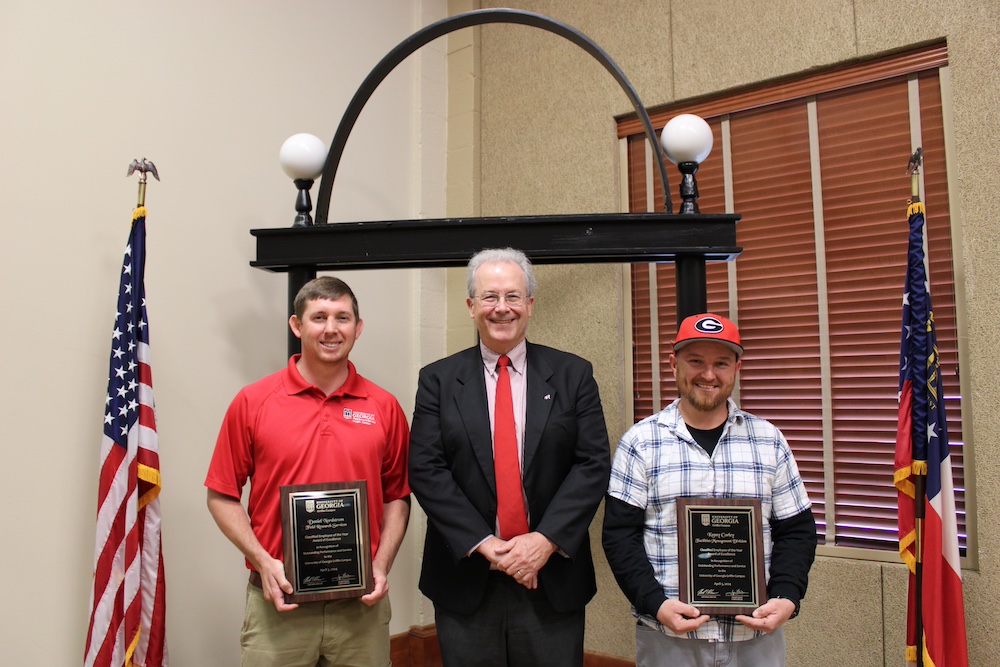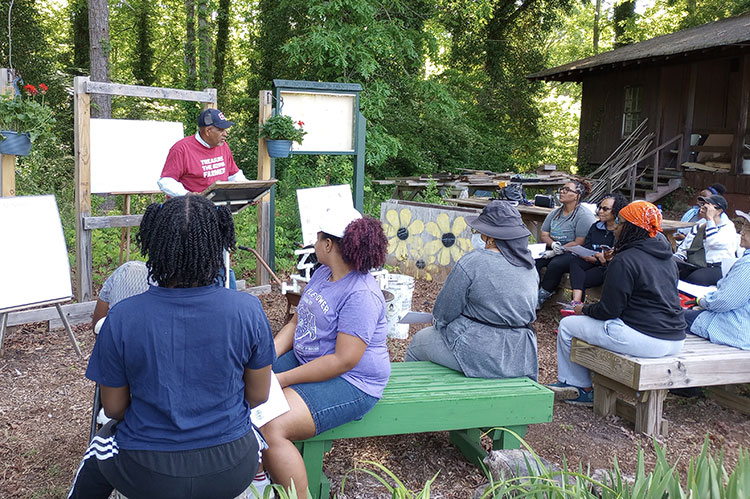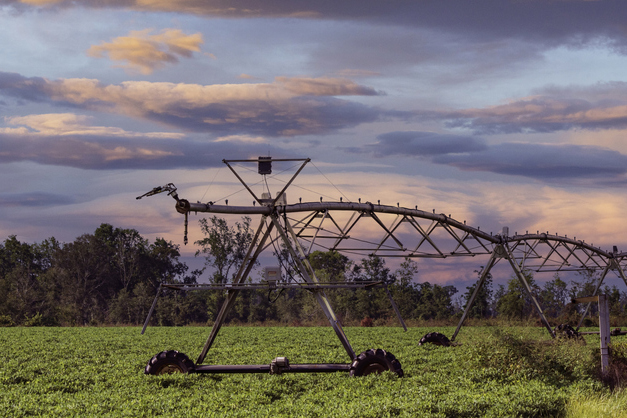 CAES News
CAES News
Georgia Farm Gate Value Report
According to figures from the newly released Georgia Farm Gate Value Report for 2022, food and fiber production from Georgia’s 159 counties contributes more than $18 billion to the economy statewide. The Georgia Farm Gate Value Report offers a comprehensive analysis of the county-level production value for Georgia commodities. The report is compiled and published by the University of Georgia Center for Agribusiness and Economic Development within the College of Agricultural and Environmental Sciences Department of Agricultural and Applied Economics.

